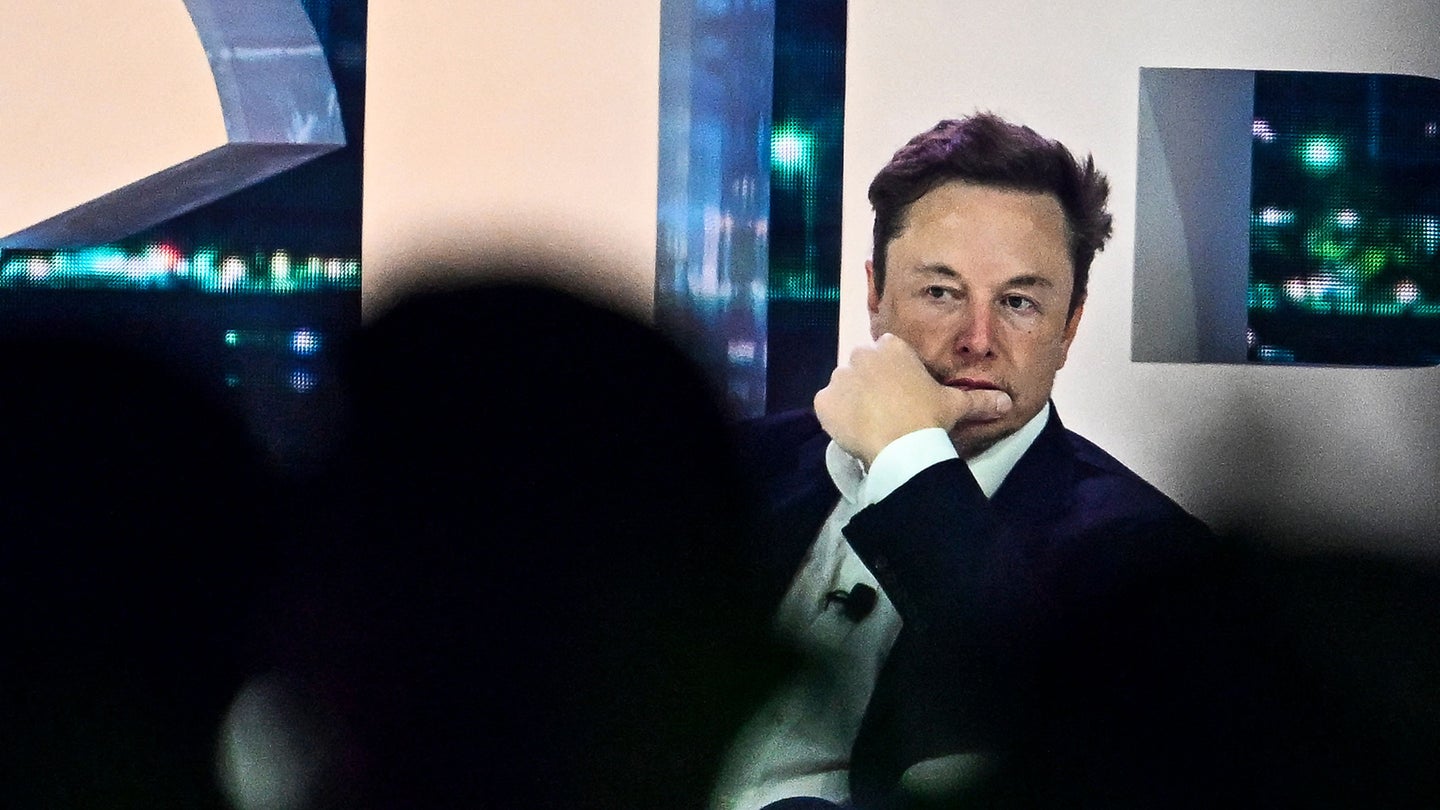Previously, the FDA denied Neuralink’s initial application.
From Andrew PaulReleased at 2:00 PM on May 26, 2023 EDT

Neuralink, Elon Musk’s brain-computer interface company, announced on Thursday night that it had received FDA approval to begin conducting human studies. After years of investigation, multiple regulatory issues, numerous checks for potential security and animal rights violations, and numerous investigations, news of the big action finally surfaces.
Using its Twitter account, Neuralink wrote on Thursday night, “This is the result of extraordinary work by the Neuralink group in close cooperation with the FDA and represents a crucial first step that will one day permit our innovation to assist many individuals.” Musk congratulated Neuralink and retweeted the message.
[Related: Elon Musk hopes humans will test Neuralink brain implants in the next six months.]
Musk stated during a Neuralink discussion in November that Neuralink plans to create a line of computer system implants that connect directly with users’ brains, initially to restore patients’ vision and help people with a “Stephen Hawking-type [neurological] scenario.” Hawking battled amyotrophic lateral sclerosis (ALS) for the majority of his life, which eventually caused a near complete bodily paralysis.
Neuralink first published video footage of a successful interface with a rat guinea pig in 2019. As a result, the company moved on to developing similar implants for sheep, pigs, and monkeys. The company published video evidence of one of its test macaques using a prototype “brain-machine user interface” to play Pong in 2021. However, a late 2015 Reuters exposé revealed the company was under federal investigation due to “internal personnel grievances” regarding animal welfare violations, some of which pertained to more than 1,500 reported deceased guinea pigs. A short while later, another story from Reuters revealed that the FDA had rejected the company’s initial requests to begin human test trials, citing concerns over gadgets potentially overheating as well as the chance of damaging brain tissue upon implant removal.
Employees claim that since 2018, Neuralink’s ‘hack job’ tests have killed almost 1,500 animals.
As noted on Thursday by The Verge and DigitalTrends, Neuralink is not the first company to receive regulatory approval for human brain-computer interface trials. A company named Synchron, sponsored by Bill Gates and Jeff Bezos, revealed earlier this year that it had successfully implanted four human subjects with their “Stentrode” neuroprosthesis device. The BrainGate device has also in the past allowed a paralysed man to interact by turning his handwriting into text.
Although Neuralink reports that medical trial recruitment is not yet available, the company promised “more details on this quickly.” In a business show-and-tell in November of last year, Musk said, “You might have a Neuralink device implanted today and you would not even know,” adding, “Hypothetically in one of these demonstrations, in truth… I will.”

